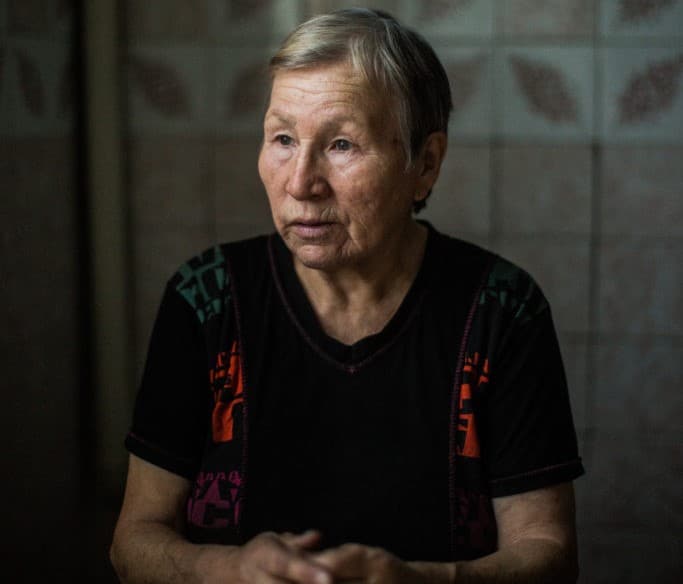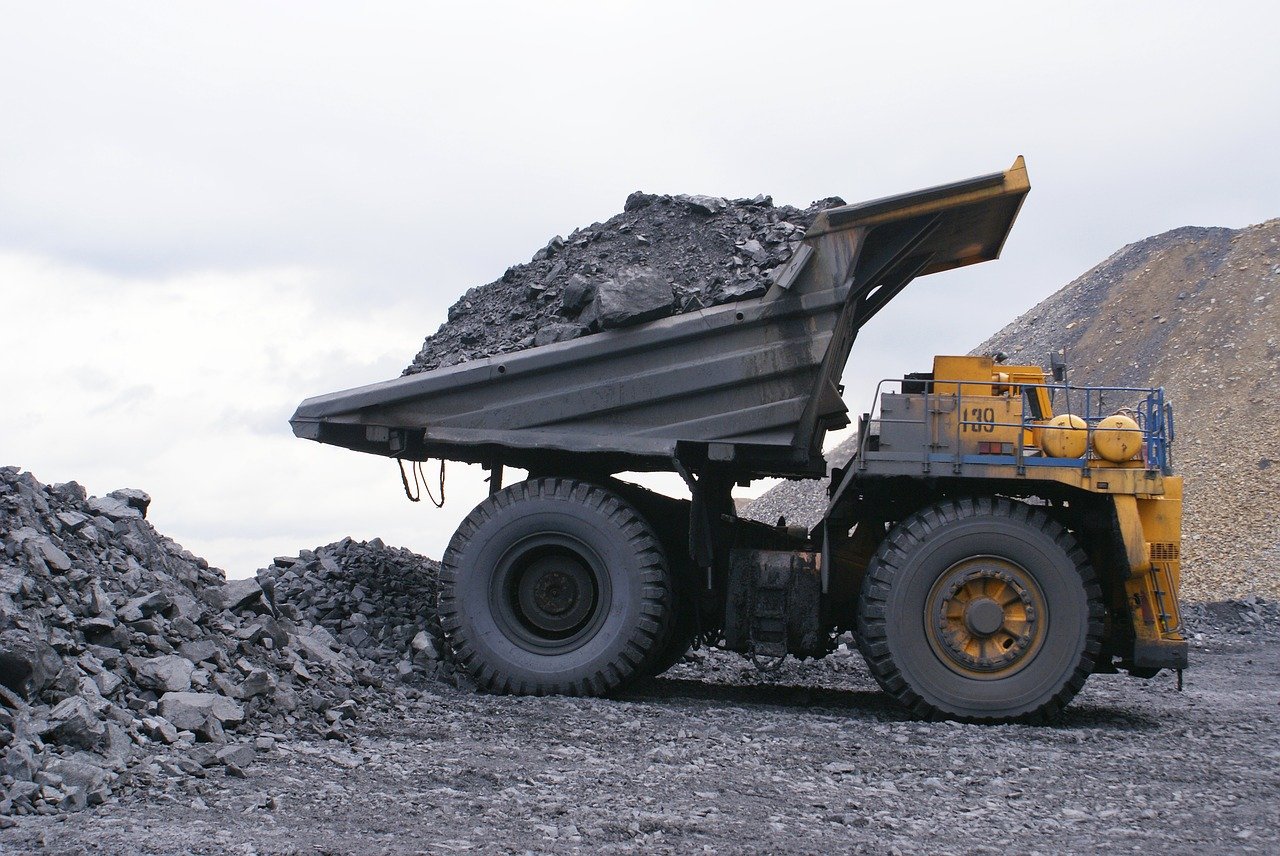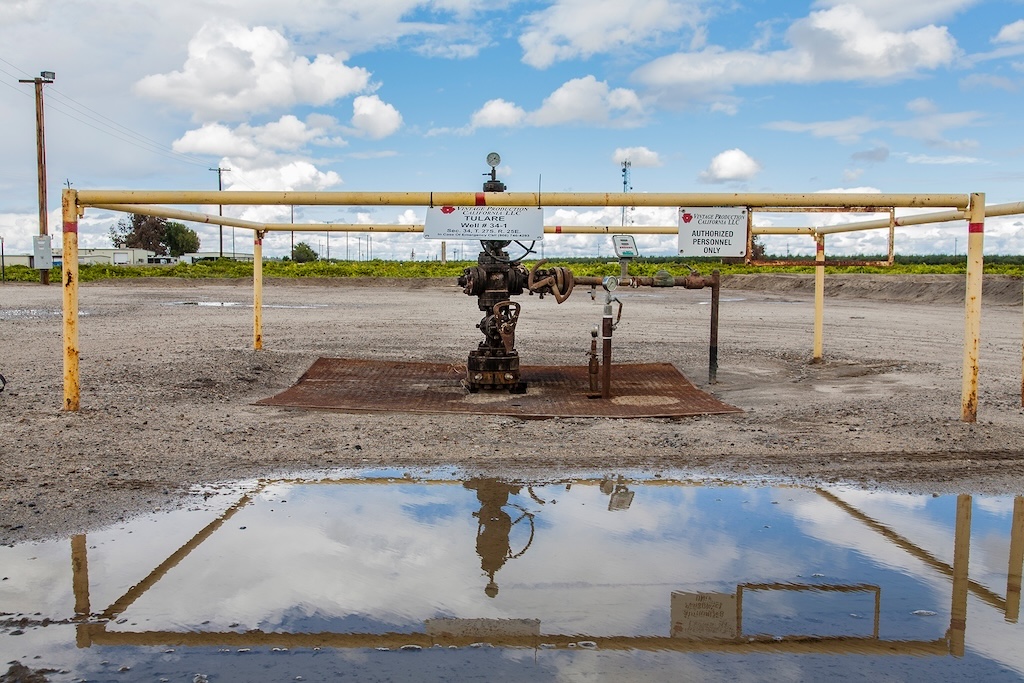The overlap between racial inequalities and environmental issues is all too often ignored. A recent government report may claim that “we no longer see a Britain where the system is deliberately rigged against ethnic minorities”, but many UK companies still turn a profit by relying on abusive activities overseas.
Environmental racism is widespread, deadly and entirely avoidable, affecting the lives of millions of people around the world through the development of destructive projects concentrated around already-marginalised communities.
A recently published book by Still Burning, a network campaigning against coal imports to Europe and neocolonialism, explores the links between our addiction to coal and the deteriorating ecological and social conditions of communities living near mines supplying European power stations and steelworks.
Still Burning: Coal, Colonialism & Resistance details how governments and citizens are increasingly unwilling to tolerate coal mining’s extensive damage to human health and ecosystems within Europe’s borders. Yet at the same time, we refuse to fully consign these practices to the history books, instead forcing harmful industrial practices onto poorer countries, while Europe continues to enjoy use of the products. This enables us to avoid fundamentally changing our lifestyles and shift to a truly sustainable economy.
Forty-one percent of coal imported by Europe in 2017 came from Russia, and its impacts on nearby communities are brutal. As the Soviet Union was forming, Moscow extended its control eastwards with the building of forced labour camps, since referred to as “gulags”. These provided the workforce needed to log the “taiga” forests and mine coal from the central Siberian region now known as the Kuzbass, the main Russian coal mining region currently supplying overseas markets.
But it’s also home to the Shor and Teleut indigenous minorities, as the book highlights. One Shor woman, Valentina Bekrinova, describes the situation in her village, where dust blowing in from the nearby mines and waste heaps “coats everything” and explosions are “so loud they shake the whole house.”

She tells of how the coal mines’ encroachment into Shor ancestral land put an end to their low-impact existence. “This is the first year that there are no berries on the fruit bushes,” she says. “The soil quality is now really bad, with all of the coal dust… I used to collect plants from the forest but the coal mines are making the plants of the forest unhealthy… We Shor people respected nature, we took what it could provide and protected it. There is no respect any more, everything is destroyed.”
In coal-producing regions around the globe, local people often don’t even benefit from using the resources themselves. In Colombia, many communities have unreliable access to electricity, including those close to the mines. All the coal mined there is loaded onto super-sized ships, much of which is brought to Europe.
Coal is the greatest historical cause of climate change, and yet it is being extracted from water-starved regions where conditions are worsening as the climate changes. Owned by a trio of European-based multinationals, Cerrejón coal mine in La Guajira, in northern Colombia, squanders 17 million litres of water every day. Residents living nearby survive on less than a litre of drinking water a day.
Between 2008 and 2016, around 4,700 indigenous Wayuú children died due to a lack of food and water. The coal companies have diverted a stream, the Arroyo Bruno, which affected the water for 30 Wayuú communities and a total of 200,000 people in the region. These communities are fighting for the stream to be reinstated.
“To divert the river would kill it. It would be like taking a child’s mother away. It would be like taking our blood. How will we live?” asks Leonardo Sierra, representative of the Rocio community at Arroyo Bruno, in Still Burning.
In the absence of support, Covid-19 has worsened the already unbearable situation in some places with restrictions on movement preventing people from earning a living and feeding their families.
Narlis Guzmán Angulo, an indigenous human rights activist from the Sierra Cesar region of Colombia, fighting for her ancestral land against a coal mine owned by US company Drummond, describes how community resilience has been undermined: “In La Sierra we have always been able to feed ourselves with our agriculture, but that is over. Opencast coal mining ruined everything.”
The UK has agreed a coal phase-out for the last three coal power stations. Yet we are still implicated in many of these practices. The phase-out does not apply to coal mining nor coal use in steel-making or industry, and it doesn’t stop British companies’ activities in coal abroad.
Still Burning illustrates the urgent need for coal mines to close globally, in order to protect those affected by both the mining itself and climate change. Opening more mines in Europe to fuel ceaseless coal use is not the answer either, as this still contributes to a climate crisis that disproportionately affects communities of colour. We also urgently need to remove coal from steel-making as part of decarbonising the sector.
Science and technology will certainly be part of the solution, but it must be embedded in a radically different economic and political system that allows us to use technology without wrecking the environment and continuing the exploitation and inequality in our society. Technology alone does not address the racist violence inherent in state systems or the inequalities that are integral to capitalism.
Subscribe to our newsletter
Stay up to date with DeSmog news and alerts






